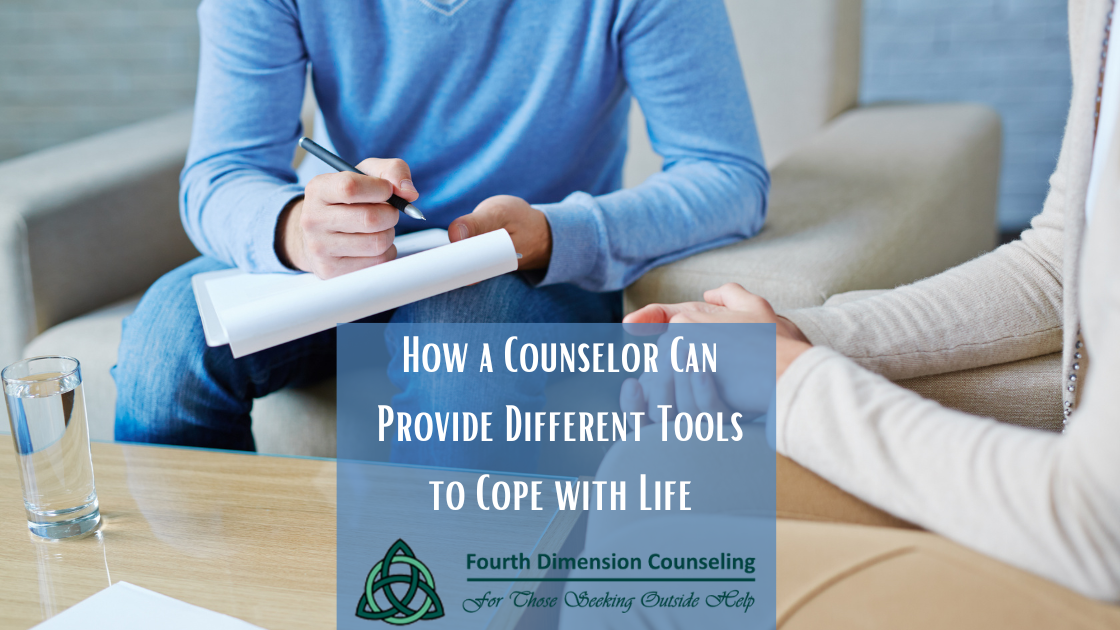
Counseling given by a licensed counselor provides an opportunity to interact with people through freedom of expression without feeling guilty, judged, or commented on. The act has become prominent through online counseling available at any time and place. There are many connections with counseling. It helps an individual reflect, learn, avoid, and build resilience, improving the relationship and confidence, and helps cope with stress and anxiety and overcome peer pressure and depression. It develops powerful skill sets to better yourself. The sessions are done in a safe space while the counselor pays attention and focuses on figuring out how to help you excel in your personal and professional life. There is guidance and practical tools to help us feel stronger, happier, and grow at every level.
A counselor does not advise or direct you on what to do. Instead, it empowers you through rational thinking and feelings. Hence, a counselor is here to listen, understand the cause of your feelings and help navigate the negative thoughts by replacing them with positive ones. In addition, the session will help you grow coping mechanisms and ways to address the issues through practical actions. When you plan on exploiting the depth of your reaction, behavior, and feeling about an issue, counseling is the safe space to find solutions. It creates a relief as you express yourself instead of suffering in silence.
Types of Tools Used By Psychologists
A counseling session comprises some psychological tools depending on the mental health provider. These tools are part of the treatment steps, such as;
- Assessments: to get the picture the client is painting and create a better understanding
- Lessons: counselor use psychoeducation to empower and inform clients
- Exercises: exercises are to guide the client through connected activities and interventions.
- Meditations: are in different forms. For example, Personal Needs Meditation for problem-solving or Mindfulness Meditation for stress management.
- Metaphors: to create self-awareness or self-expression.
- Reflections: to handle problematic behaviors and perspectives while creating precise and better decision-making and self-management.
Benefits of Counseling
There are many benefits of having counseling sessions. After a counseling session, there is the possibility of realizing the changes through the level of calmness, relaxation, and liveliness in doing things. Let’s look at some of the benefits of counseling.
- Leads to Self-discovery
Counseling is a way to help you discover yourself. Knowing yourself is hard but essential to have a peaceful and prosperous life. Counseling is an opportunity to know your worth and potential.
- Develop Confidence, Hope, and Encouragement
Counseling builds confidence, encouragement, hope, and motivation to give you strength while facing life problems and a way to reach your goal through a strong character and charming personality.
- Helps in The Management of Emotions
Counseling allows you to express your emotions and feelings, which can be challenging to handle. Taking a consulting class will help you clear up this confusion.
- Contribute to Self-acceptance
If you feel worthless and undeserving, counseling will help you realize your worth and forge steps to reach self-acceptance.
- Give Your Point of View a Direction
Counseling also guides you in the right direction. It creates different aspects and directions by analyzing your situation through correct thinking.
More Advice:
- Do I Need to See a Counselor for Love Addiction?
- Simple Ways to Reduce Stress
- Sex Victims Can Experience PTSD
- Emotions and How to Process Them
- Sex Addiction Counseling
- How Do I Know it’s Time to Get professional Counseling?
- How to Heal from Betrayal Trauma
- What is PTSD? – (Government Help)
- The Mental Health Effects of Sexual Abuse
- The 4 Types of Intimacy
- 5 Ways to Reduce Stress
- What is Co-Dependency?
- How Same-Sex Couples Counseling is Different
- How to Know it’s Time to Get Mental Help
- How to Find a Great Relationship Counselor
- What if I Can’t Get in to See a Counselor?
